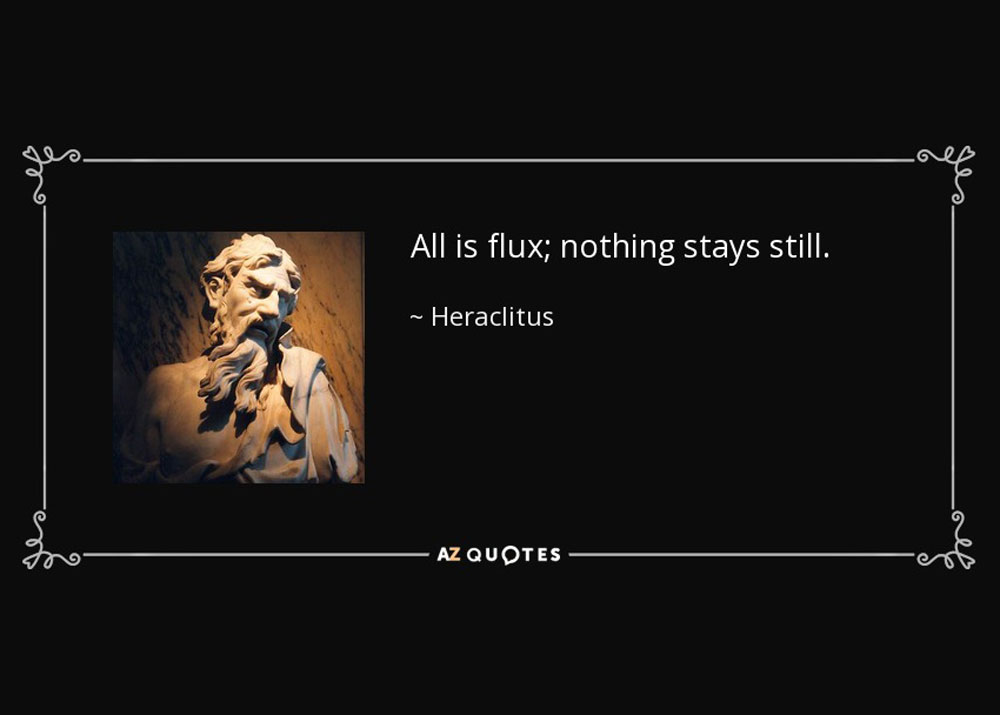Radiohead released their much-anticipated album on October 10. This would have been great news, but not news, if it weren’t for their choice of distribution. No longer signed to a major music studio, Radiohead released their album through their website as a download. Cost? Whatever you think it’s worth.
Free music isn’t new – the radio has been providing that for nearly a century now. But the music studios have controlled major distribution for nearly all that time. In the past decade many artists have distributed their albums as independents, trying to get out from under the crushing studio fees (most artists see less than 20% of their album revenues). Prince, long a critic of the studios, distributed his last album as an insert in the UK’s Daily Mail on July 15. The album wasn’t available in any store anywhere until July 24.
I went on line to check out this new approach to music distribution. Radiohead is offering a boxed set, shipping the first part of December, and you can download the album now. Not quite believing I could get it for free, I registered, hit the screen that said “It’s Up To You,” and, feeling like a schmuck, left the amount at zero and went to the checkout. Sure enough, I was able to download the album for free.
So what’s going on here? How do these artists make their money? One thing that is going on is that technology is changing music distribution just like it changed (and is changing) movie distribution. The music studios have responded with legal gravitas, most recently winning a $220,000 award from a 30-year-old woman accused of sharing 1,702 songs on Kazaa. But the music studios are likely to find this scare tactic is about as effective as the death penalty in preventing crime. Are they going to go after every 13-year-old who burns their CD to their iPod library and then hands the CD to three other friends so they can do the same? And does anyone really believe that all those folks renting free CDs at their public library aren’t dropping them into their iPods?
I’m not saying that copyrights aren’t important, nor am I saying artists shouldn’t make money on their work. I’m just observing that the world is changing, and fast, and it’s going to take creative thinkers to figure out where we go next. Who owns the intellectual property isn’t in question, but how they make money on that property is.
Prince didn’t make a penny on sales of the album Planet Earth. And he spent some money to publish the CDs. But he subsequently sold out five London concerts at ticket prices starting at five times the amount of a typical CD. So in Prince’s case, he decided to make money on a different part of his sales offering.
It remains to be seen how much money Radiohead makes on downloads of their album, and if subsequent boxed set sales compensate for free distribution of their music. They happen to be preparing for tour in 2008, but it will be difficult to know how much the free downloads contribute to ticket sales.
Once you get past the million dollar salaries, the glamorous friends, the mansions in L.A. and London, and summer homes in exotic Mediterranean locales, the music business isn’t so different from the rest of business. Technology is changing distribution and control systems, figuring out how to make money on intellectual and artistic property is challenging, and it can be hard to know which promotional concepts are most responsible for increasing sales.
I don’t believe the music studios are on the right track. Their current heavy-handedness will set them up for future comparisons with dinosaurs. But I don’t envy them their problem either. It’s not just the future of their business that’s at stake, but the future of their business model.
How’s your business model? It may not be under the same pressure that the music studios are currently under, but is it under pressure? Are you in a market that seems to be contracting? Are you realizing that competition is coming from new places? Are certain avenues closing to you, and have you figured out which new roads to open in their place?
Try to imagine yourself in the music studio executives’ place and see what other solutions you might come up with if you were earning their salaries. Then, when you’ve earned that $2 or $3 million dollars, turn the same attention to your own business model. Chances are it’s also under a lot of pressure right now. Even if you’re not aware of it.
Now I need to place my order for that Radiohead boxed set before I get to feeling any worse about myself.
“The future has a way of arriving unannounced.” George Will
(c) 2007, Andrea M. Hill











